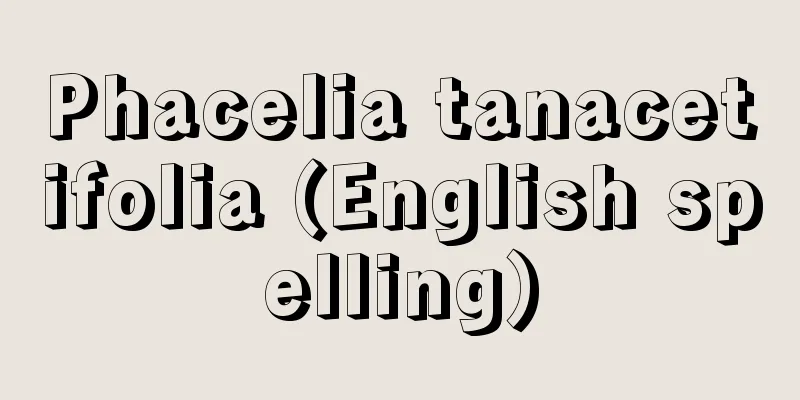Jia Kui - Oyster

|
A thinker and scholar of exegesis in the Eastern Han Dynasty in ancient China. He was from Pingling (Xingping County, Shaanxi Province). He was the son of Emperor Hui. His courtesy name was Jingbo. He is said to have recited the Zuo Zhuan and the Five Classics from memory at a young age. He studied under Liu Xin, and during the reign of Emperor Ming (reigned 58-75), he completed 30 chapters of the Zuo Zhuan Exegesis and 21 chapters of the National Language Exegesis, which he presented to the Ming Emperor, who copied them and had them stored in the imperial library. Emperor Zhang (reigned 75-88) selected outstanding students and sent them to Jia Kui to study the Zuo Zhuan. From then on, the Zuo Zhuan became very popular. Jia Kui also compiled the "Office of the Minister of Ouyang," "Office of the Minister of Da Xia Hou," and "Office of the Minister of Little Xia Hou" which are similarities and differences between ancient writings, as well as the differences between the three poems of Qi, Lu, and Han and Mao's poems, and wrote the "Classic and Zhuan Yi Quan" and "Discourses on Difficulties," totaling over a million words, for which he was known as a Confucian scholar. He held the position of Minister during the reign of Emperor He (reigned 88-105). His biography appears in the "Book of the Later Han." There is a section titled "Questions about Jia Kui" in the "Mengqiu." [Saburo Machida January 19, 2016] "The Left Handed Jia Fu Zhuang" by Toshiro Shigezawa (1936, Institute of Oriental Culture)" "Academic Studies of the Two Chinese Literature" by Naoki Kano (1964, Chikuma Shobo) [Reference item] | |Source: Shogakukan Encyclopedia Nipponica About Encyclopedia Nipponica Information | Legend |
|
中国古代、後漢(ごかん)の思想家、訓詁(くんこ)学者。平陵(へいりょう)(陝西(せんせい)省興平県)の人。徽(き)の子。字(あざな)は景伯。幼少にして『左氏伝(さしでん)』および五経をそらんじていたという。劉歆(りゅうきん)に師事し、明帝(在位58~75)のとき、『左氏伝解詁』30篇(ぺん)、『国語解詁』21篇を完成して献上、明帝はこれを書写して宮中の図書館に所蔵させた。章帝(在位75~88)は優秀な学生を選抜して賈逵のもとに送り込み、『左氏伝』を習得させた。これから『左氏伝』は世に盛行するようになった。賈逵はまた『欧陽尚書(おうようしょうしょ)』『大夏侯(だいかこう)尚書』『小夏侯尚書』古文の同異および斉魯韓(せいろかん)三詩と毛詩との異同を撰(せん)して『経伝義詁』『論難』百余万言を著し、通儒と称された。官職は和帝(在位88~105)のとき侍中(じちゅう)に至る。『後漢書(ごかんじょ)』に伝記がある。『蒙求(もうぎゅう)』に「賈逵問事」の一段がある。 [町田三郎 2016年1月19日] 『重沢俊郎著『左伝賈服注攟逸』(1936・東方文化研究所)』▽『狩野直喜著『両漢学術考』(1964・筑摩書房)』 [参照項目] | |出典 小学館 日本大百科全書(ニッポニカ)日本大百科全書(ニッポニカ)について 情報 | 凡例 |
Recommend
Pariah dog
It is a member of the order Carnivora and family ...
Sakakita [village] - Sakakita
A village in Higashichikuma District, central Naga...
Iinuma Sukemune
Year of death: Eijin 1.4.22 (1293.5.29) Year of bi...
Othon de la Roche (English spelling)
…the state founded by Othon de la Roche, a Burgun...
Tosa Shrine
Located in Ichinomiya, Kochi City, Kochi Prefectu...
Bernini, P.
…An architect, sculptor, painter, and theater des...
Specimen - Hyohhon (English spelling) specimen
This refers to organisms or minerals preserved fo...
Bazhenov, VI (English spelling)
...Using rare stone supplied from as far away as ...
Holoenzyme
…It is well known today that differences in the p...
Northern Song Dynasty
A Chinese dynasty ( 960-1127 ). It refers to the p...
Kuznetsky Most - Kuznetsky Most
...Since the 18th century, the classical and Roma...
Glass crafts
As a material for crafts, glass has unique and ex...
Aq Orda (English spelling) AqOrda
…At that time, his eldest brother Orda and others...
Galois extension field - Galois extension field
...There are applications of these results, or ge...
Burgess fauna
A unique fossil fauna found in the Burgess Shale ...









